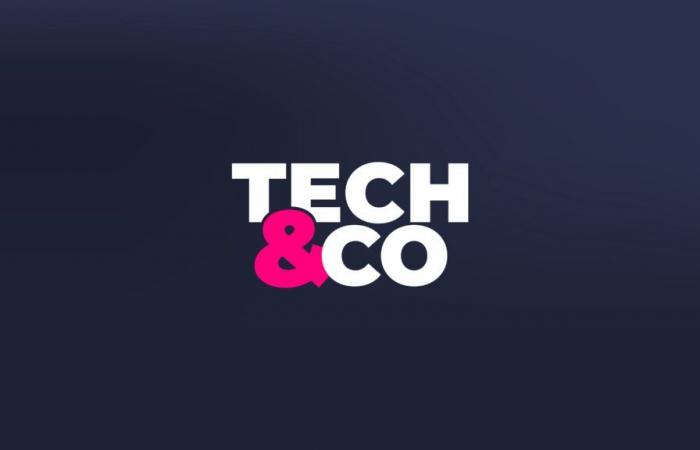On the occasion of the opening of its French subsidiary, OpenAI looks back on its global strategy, but also on its first partnerships in France.
“Making AI ever more accessible”. As OpenAI sets up its offices in France, the company has clarified its roadmap to attack the European market more than ever. Its Paris offices are the ninth in the world, after three American offices, two Asian offices, as well as a presence in London, Dublin, and Brussels.
The company, which created ChatGPT, now has around 2,000 employees (including 650 engineers). It claims 250 million active monthly users. In France, it has already established partnerships with giants of the pharmaceutical industry like Sanofi, or advertising like Publicis.
In addition to subscribers to the paid version (23 euros per month), the company relies on these partnerships to achieve profitability. And even if most of the general public uses ChatGPT in its free version, there are currently “no plans” to integrate advertising, the company assures Tech&Co.
Model efficiency
To try to become profitable, the company focuses above all on improving the efficiency of its models, so that they are more efficient, while consuming less computing power and less energy.
The company thus claims to have reduced the cost of ChatGPT from $36 per million tokens in March 2023, to just $4 per million tokens in August 2024. On its site, OpenAI specifies that 1000 tokens approximately equivalent to a 750 word query.
To address different audiences, OpenAI obviously relies on its different ranges of artificial intelligence. From the simplest – GPT-4o mini – to the most complex, o1, capable of having a “progression” in its reasoning “comparable to that of a human being” specifies OpenAI.
At the same time, the company reiterated its ambitions to compete with Google, thanks to its own search engine, which answers questions synthetically, while citing each of its sources on part of the page – as Wikipedia can do. .
For OpenAI, the next crucial step should come in the coming months. In several French media including Tech&Co, the company talks about its desire to create an autonomous AI, allowing the user to “do nothing at all”.
A vision which corresponds to a service which is no longer based solely on textual requests from the user, but on the study of their habits to carry out tasks before they even request them.
A promise which closely resembles that of a real “intelligent agent”, a project mentioned by the American media Bloomberg, and which could take the name of Operator, whose presentation would be planned for the month of January.






